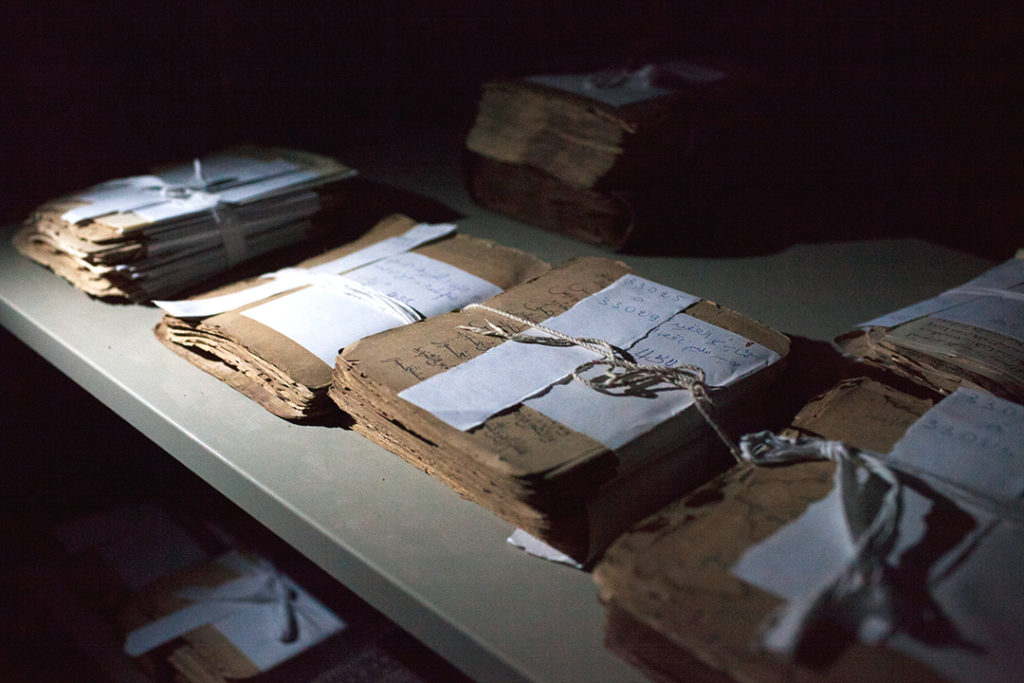MEDIA CLUB SOUTH AFRICA
The story of Abdel Kader Haidara, a book collector and librarian from Timbuktu, Mali, reads more like a spy novel than an academic work.
When extremists allied to al-Qaida occupied his city in April 2012, he began to fear for the content of libraries and depositories that housed thousands of ancient Arabic manuscripts. So he set up a meeting with his colleagues in the Timbuktu Library Association.
“We need to take out the manuscripts from the big buildings and disperse them around the city to family houses,” he told them, as he recalled later in an interview with The Wall Street Journal. “We don’t want them finding the collections of manuscripts and stealing them or destroying them.”
Serendipitously, Haidara had already received a grant of $12,000 from the Lagos branch of the Ford Foundation to study English at Oxford. With the manuscripts under threat, he asked whether he could use the funds to protect them instead.
He recruited people all over the city, including family members. Haidara and his team bought 50 to 80 metal and wooden trunks a day, and identified possible safe houses around the city and in the Malian capital of Bamako. During the nights, they quietly packed valuable books and manuscripts into trunks, and moved the items by donkey carts to safe places.
In eight months, Haidara’s efforts saved countless documents. They braved al-Qaida checkpoints and Malian Soldiers in government-controlled areas. When French troops entered in January 2013, it was discovered that radicals had only managed to destroy a fraction of manuscripts — about 4,000 out of nearly 400,000.
“If we hadn’t acted, I’m almost 100 percent certain that many, many others would have been burned,” Haidara said.
Haidara’s own manuscript collection is kept at the Mamma Haidara Commemorative Library. It includes a Quran dating to the 12th century, the script written on fish skin parchment and decorated with gold droplets. His rich collection covers subjects as diverse as astronomy, poetry, mathematics, occult sciences and medicine.
A few of the oldest Timbuktu manuscripts date to the 11th and 12th centuries, when the city was a vibrant trading post, a place where scholars met to document their discourses. After Mali gained independence from France in 1960, the world found out about the rich, recorded history.
“A lot of people were surprised because they had been told, even at school, that there were no written African historical records,” Haidara said. “But we have hundreds of thousands of these documents in Arabic and in African languages.”

